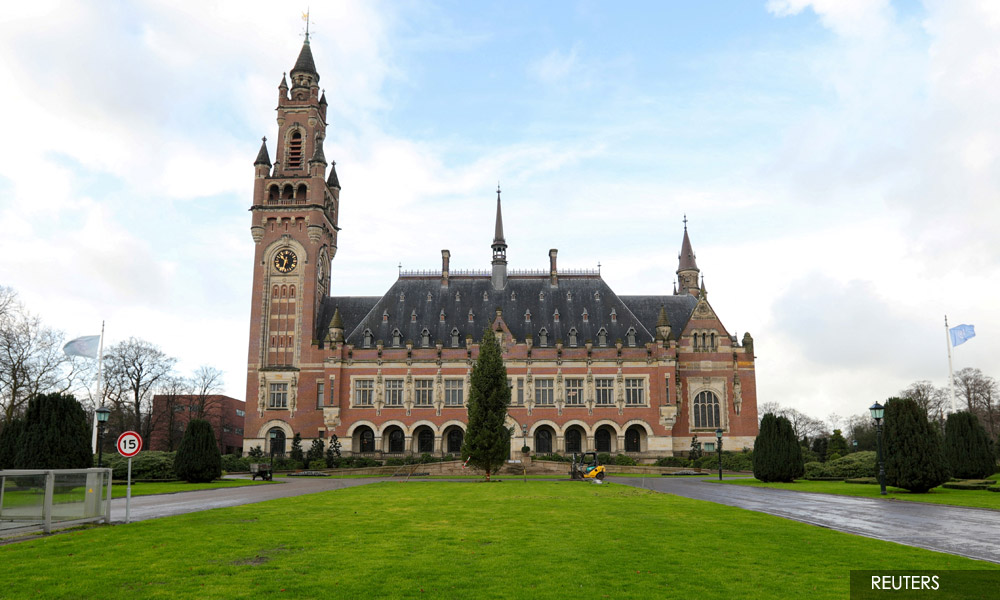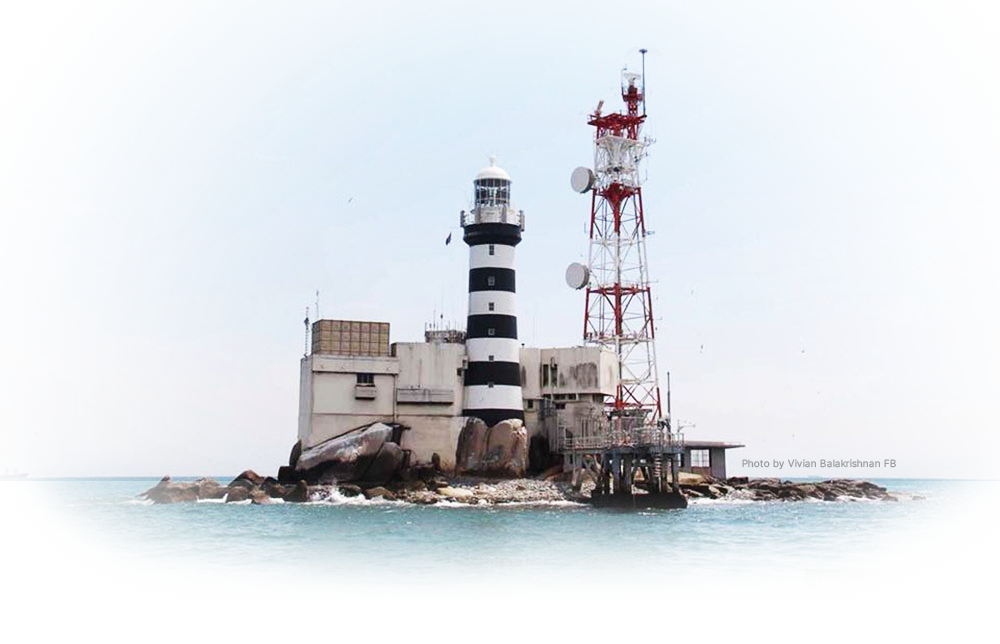The issue of Pulau Batu Puteh has once again hit headlines following an exchange between the Johor ruler and former prime minister Dr Mahathir Mohamad over the tiny island.
Malaysia had a 30-year dispute with Singapore over the sovereignty of Pulau Batu Puteh. In 2008, the International Court of Justice (ICJ) ruled the island belongs to Singapore.
Previously, the former BN government had filed a review application over the ruling, but it was withdrawn by Pakatan Harapan after it took over the federal government in 2018.
Now that BN has returned to power, it has set up a task force to review the related action and legal issues in a bid to reclaim sovereignty of Pulau Batu Puteh.
In this Kiniguide, we will look back at the historical background of Pulau Batu Puteh and the ICJ judgment to understand better why Malaysia lost in the sovereignty dispute.

Why did the ICJ rule that Pulau Batu Puteh belongs to Singapore?
ICJ viewed that one of the key pieces of evidence in favour of Singapore was a letter dated Sept 21, 1953, by the Johor Acting State Secretary.
It was a reply to the Singapore Colonial Secretary’s letter to the British Adviser to the Johor Sultan, dated June 12, 1953, asking about the status of Pulau Batu Puteh.
About three months later, the Johor Acting State Secretary replied that “the Johor government does not claim ownership of Pedra Branca.”

What was Malaysia’s follow-up action?
Malaysia and Singapore established the Malaysia-Singapore Joint Technical Committee on the Implementation of the ICJ judgment.
However, in response to Singapore’s attempt to claim an exclusive economic zone (EEZ) around Pulau Batu Puteh, the Malaysian government urged the media to drop the term “Pulau” from its official name.
According to then foreign minister Rais Yatim, Pulau Batu Puteh did not meet the internationally recognised criteria for an island that was inhabited by humans and that had economic activity.
Although the ICJ’s decision was final and not subject to appeal, Malaysia filed a review application in 2017 over the ruling.
It was based on several documents, in a bid to prove that the British colonial and Singaporean administration appreciated that Pulau Batu Puteh did not form part of Singapore’s sovereign territory.
The documents were obtained from the UK National Archives, namely the internal correspondence of the Singapore colonial authorities in 1958, the incident report filed in 1958 by a British naval officer, and an annotated map of naval operations.
The review application was led by then attorney-general (AG) Mohamed Apandi Ali.
However, on May 30, 2018, soon after Pakatan Harapan won the general election and took over Putrajaya, it announced that Malaysia would withdraw its review application and placed Apandi on leave.
The decision was made after taking into account the views of international legal experts, national interest, including cost implication.

Why is the issue making headlines again?
As BN has returned to power, the government formed a task force to review the action and legal issues related to Pulau Batu Puteh, Batuan Tengah and Tubir Selatan, following the withdrawal of the review application.
The task force is led by Apandi and it was tasked to submit its findings and recommendations to the cabinet within six months of its formation in November 2021.
The issue was also recently raised when Pakatan Harapan and Mahathir became the target of the ruler, the menteri besar and the state assembly speaker of Johor.
Sultan Ibrahim Sultan Iskandar expressed his disappointment over Pakatan Harapan’s decision not to pursue the case.
MB Onn Hafiz, meanwhile, said legal action should be taken against “the betrayal” that caused the country to lose Pulau Batu Puteh.
Subsequently, Johor state assembly speaker Mohd Puad Zarkashi has volunteered to sue Mahathir for RM3 billion over the matter.

What was Mahathir’s response?
While not directly addressing the Pulau Batu Puteh issue, Mahathir hit back at Sultan Ibrahim, challenging the sultan to explain selling state land to foreign entities.
Mahathir was referring to the Forest City project in the southwest of Johor Bahru and the Maharani Energy Gateway project off the coast of Muar, Johor. The Johor Sultan has significant stakes in these two projects.

In May last year, a Malaysian citizen Mohd Hatta Sanuri filed a civil suit against the government over the withdrawal of the review application.However, the suit was struck out by the government in court last week on the grounds that the case is not suitable to be decided by the courts.

